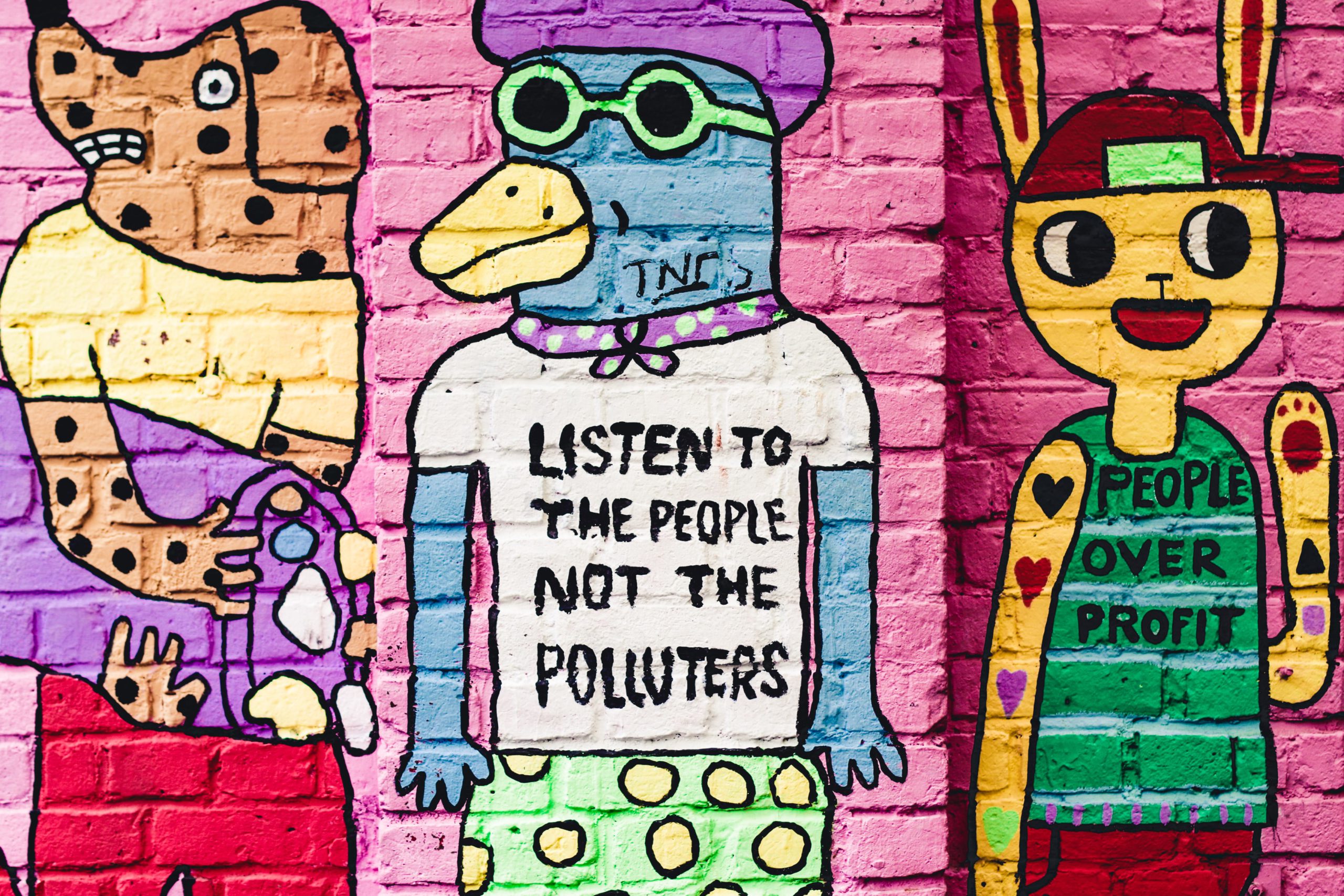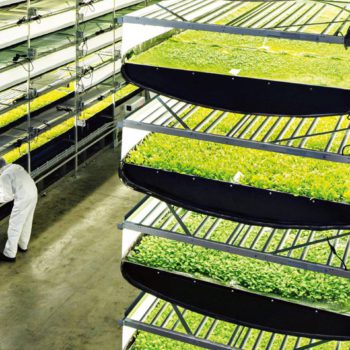In May, a study published in Nature Climate Change found that daily fossil fuel emissions in early April were roughly 17% lower than they were in 2019.
The authors of that study just posted an update. By mid-June, emissions had returned to just 5% below equivalent 2019 levels. The speed of emissions rebound surprised scientists.
COVID Cuts Emissions
Emissions from January 1 to June 11 of this year were 8.6% lower than in the same period for 2019. For the whole year, researchers estimate that 2020 global emissions will be 4% to 7% lower than 2019 emissions, with variability based on the duration and severity of pandemic conditions.
Any emissions drop within that range would be the biggest single year drop in emissions since at least World War II and possibly going back to the 18th century. And yet it’s still not nearly fast enough for humanity to secure carbon neutrality and climate stability.
To achieve the 1.5 degrees Celsius threshold targeted by the Paris Agreement in 2015, we would need to cut emissions by at least 7% every year indefinitely, World Meteorological Organization Secretary-General Petteri Taalas said back in April. Individuals in advanced societies would also have to reduce their carbon footprints.
And more importantly, no one wants climate action to come at the cost of an indefinite lockdown, public health crisis, and economic depression. It shouldn’t be this way.
As John Podesta told BuzzFeed News in May, “putting 33 million Americans out of work and locking down 4 billion people around the world is not the way to solve the climate crisis.=
The reality is we have to transform the global economy from one that’s dependent on fossil fuels to one powered by clean energy. That is a massive undertaking.” Indeed!
Individual Actions Are Insufficient
There’s a big takeaway from the global emissions trajectory witnessed over the last few months: individual action will not be nearly enough to fix the climate crisis.
For months, we have witnessed the most “individual action” you could ever imagine to reduce carbon footprint at the individual level. Individual actions do matter, but they’re not even remotely sufficient in the big picture.
“We still have the same cars, the same power plants, the same industries that we had before the pandemic,” said Corinne Le Quéré, a climate scientist at the University of East Anglia. “Without big structural changes, emissions are likely to come back.”
Plus, according to a 2019 study also published in Nature Climate Change, when individuals are asked to make personal eco-friendly sacrifices, they become less likely to support systemic changes like a carbon tax.
The need for systemic change
On the note of systemic changes, the researchers also warned that “government actions and economic incentives postcrisis will likely influence the global CO2 emissions path for decades.”
Speaking of government actions, as we wrote about earlier this month, Europe proposed an $826 billion green recovery aimed at transitioning its economy away from fossil fuels. The proposal would expand wind and solar power, invest in hydrogen fuels, and retrofit old buildings.
Unfortunately, much of the developed world, which is still responsible for most of global greenhouse gas emissions, is not similarly inclined to think green. “Europe looks like the major exception so far,” said David Victor, a professor of international relations at the University of California. “Many governments are scrambling to recover economically and not paying as much attention to the environment.”
Bloomberg estimated in early June that of the nearly $12 trillion committed by the world’s 50 largest economies to the coronavirus recovery, “only about $18 billion has been targeted at post-carbon economic priorities such as developing renewable energy or incentivizing clean industry,” over half of which comes from France alone.
Let’s Think Green, Not Brown
Here in America, we are thinking brown when we should be thinking green. We’ve written about the Green New Deal, but that proposal fell to the wayside during perhaps the most appropriate situation you could ever imagine for a big governmental recovery program.
If a global pandemic, economic depression, and social unrest aren’t enough to convince the federal government that we need to think green, what will?
And as we wrote about back in April, the Trump administration has kept the train of environmental rollbacks running smoothly during the pandemic. As of May 2020, the administration had reversed at least 100 environmental rollbacks. It will likely take years for those reversals to be corrected.
Here at Sustainable Review, we strongly believe that a sustainable mindset at the individual level will help the planet. We will continue to advocate for more sustainable practices that you and I can incorporate into our daily lives to meaningfully reduce our carbon footprint and improve our collective well-being.
But COVID-19 makes it clear as day that without major systemic changes, we will keep polluting recklessly and face ever-growing ecological harms.
We are all connected, living on a tiny blue marble floating in a big expanse of darkness. We’re destroying this planet in pursuit of “money and fairy tales of economic growth,” in the immortal words of Greta Thunberg – with the biggest irony of course being that a green recovery would almost certainly be better for the economy than a brown one.
This is the moment for governments to step up to the plate and help both their citizens and our planet.
Let’s hope they seize it.













No Comments